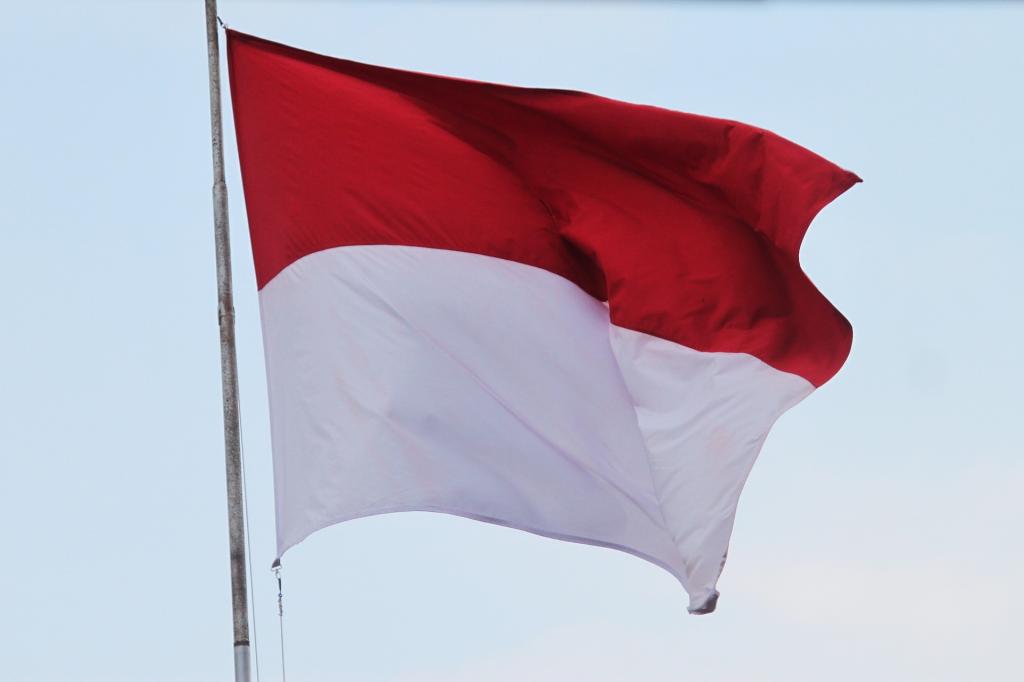Several cases in dealing with terrorism in Indonesia involve utilization of Unmanned Aerial Vehicles (UAVs) operation from 51st Air Squadron. However, the use of UAV in counter-terrorism operations is controversial in general, particularly weighing between the effectiveness of the results achieved and the potential for Human Rights violations. The study was carried out with descriptive analysis approach. While the technique of collecting and testing data validity by means of interviews, observation, documentation and triangulation methods. From the study conducted, it is concluded that UAV utilization in counter-terrorism operations by Indonesian authorities has been proven to be very effective, efficient and technically does not violate Humanitarian Law and Human Rights, because UAVs utilization is limited to perform specific duty in terms of carrying out observations and reconnaissance. Furthermore, the UAV operations are not configured and equipped with weaponry so that it will not cause potential harm or casualties either on its own or the opponent's side.
Afirus Nurul Fuadi is a postgraduate student at the Department of Political Science, Universitas Padjadjaran, Indonesia, and a member of staff at the Indonesian Air Force, Indonesia.
Widya Setiabudi Sumadinata and Dadan Suryadipura are affiliated to the Departement of International Relations, Universitas Padjadjaran, Bandung, Indonesia.
Email: afirusnurul@gmail.com


